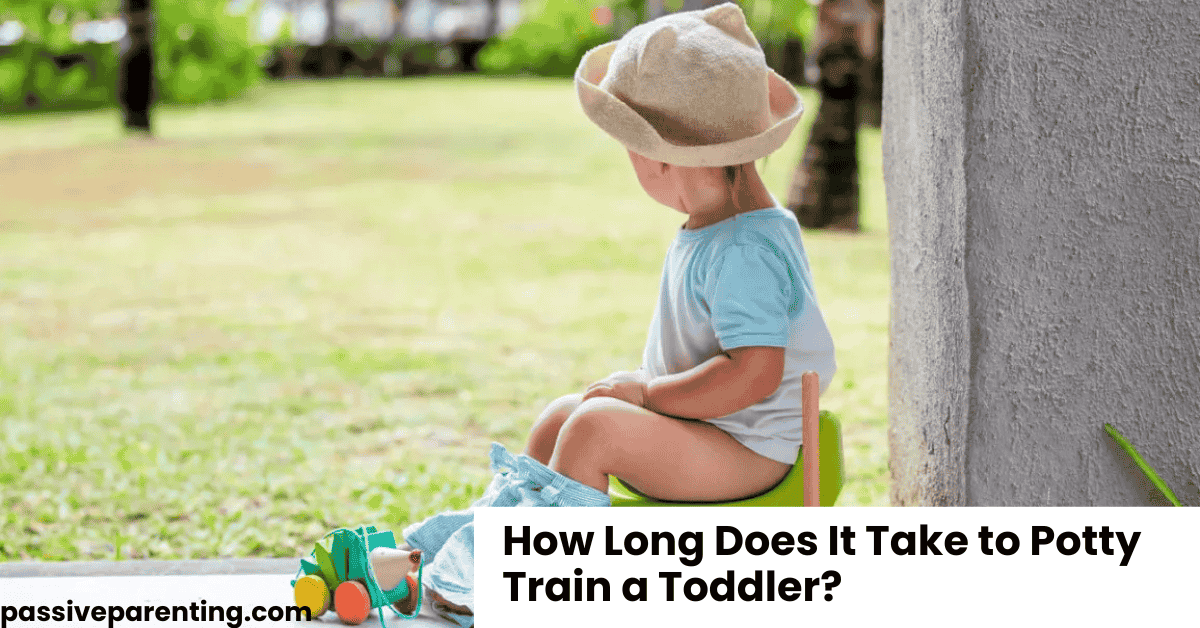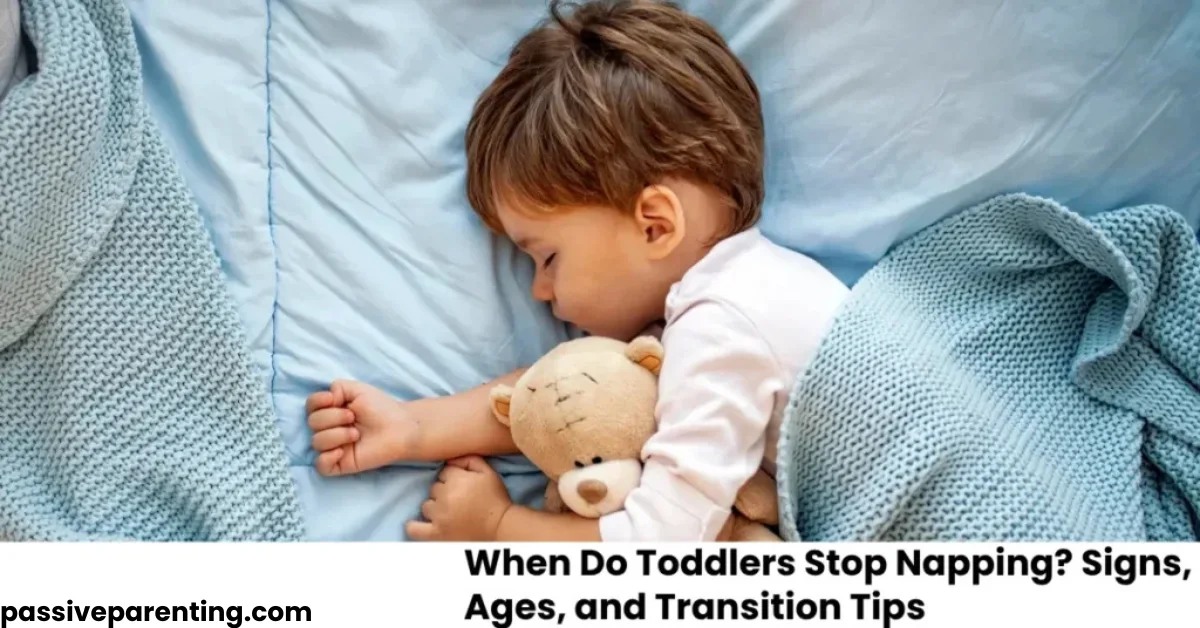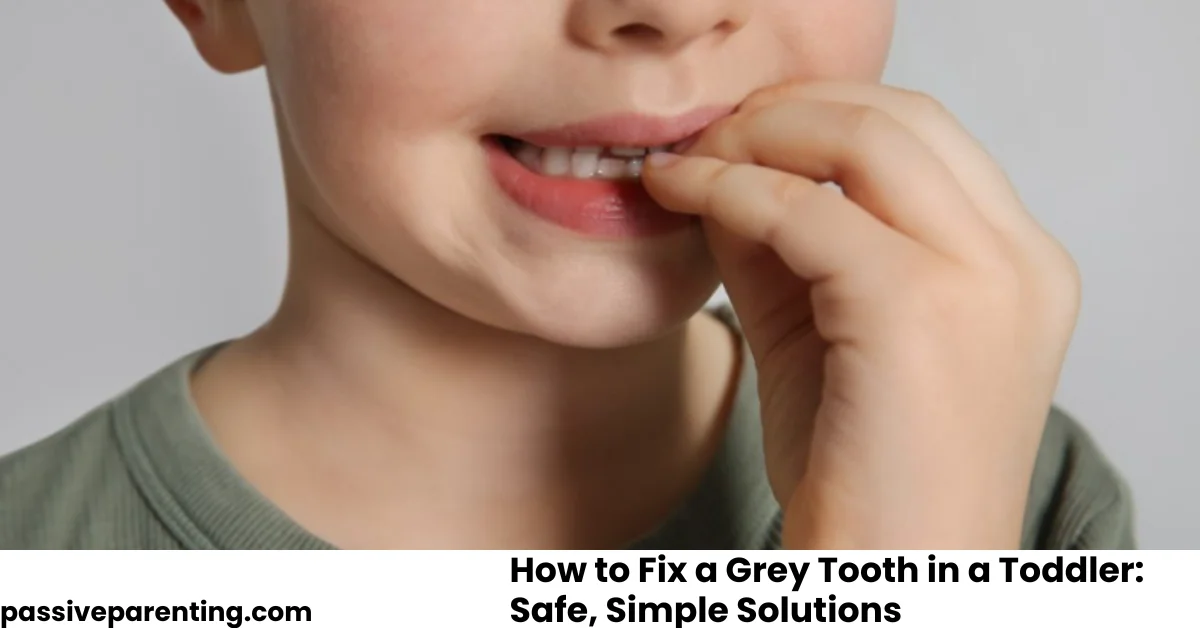Potty training can feel like a big leap for both parents and toddlers. Many families wonder: how long does it take to potty train a toddler? While some children master the skill in a few days, others need several months. This guide explains typical timelines, what influences them, and step-by-step strategies so you can choose an approach that fits your child’s readiness and your family’s routine.
Understanding Typical Potty Training Timelines
Research and pediatric guidance suggest most toddlers start between 18 and 36 months, but the duration varies widely.
- Quick trainers: 3 days – 3 weeks (common with intensive methods when the child is truly ready)
- Gradual trainers: 1 – 3 months (a gentle, child-led pace)
- Extended learners: Up to 6 months or more (especially for night-time dryness)
According to the American Academy of Pediatrics (AAP), true readiness—physical, emotional, and developmental—matters more than the calendar age.
Factors that influence timing:
- Child’s developmental readiness (staying dry for 2+ hours, awareness of wetness)
- Personality (eager-to-please vs. cautious)
- Consistency between caregivers and settings (home, daycare)
- Life changes (new sibling, moving house) that may slow progress
Signs Your Toddler Is Ready for Potty Training
Look for several of these readiness cues before you begin:
- Staying dry for at least two hours
- Recognizing the urge (pausing play or squatting)
- Simple communication: “I have to go”
- Interest in the toilet or wearing underwear
- Ability to pull pants up and down
Starting too soon can lead to frustration and setbacks.
Step-by-Step: How to Potty Train a Toddler
There is no one-size-fits-all formula, but these stages can help:
1. Prep the Environment
- Choose a potty chair or seat reducer that feels secure
- Stock up on training pants or underwear
- Read toddler-friendly books about potty time
2. Introduce Potty Awareness
- Let your child watch you or older siblings use the toilet
- Encourage them to sit (clothed at first) to get comfortable
3. Begin Consistent Practice
- Offer potty breaks after waking, meals, and before outings
- Praise successes with positive words, not bribes
4. Transition to Underwear
- When dry periods extend and accidents lessen, switch to underwear
- Expect occasional accidents and keep changes handy
5. Nighttime Training
- Often lags behind daytime skills by months
- Use waterproof mattress covers and limit drinks before bedtime
Popular Potty Training Approaches Compared
| Approach | Typical Duration | Best For | Key Tips |
|---|---|---|---|
| Three-Day Method | 3–7 days | Toddlers showing strong readiness | Clear schedule, stay home, frequent potty trips |
| Child-Led / Gradual | 1–3 months | Parents who prefer low stress | Follow child’s cues, celebrate small wins |
| Scheduled / Parent-Led | 2–8 weeks | Structured households | Regular potty times, gentle reminders |
No approach guarantees a timeline; readiness and consistency drive success.
Handy Checklist for Parents
Before You Start
- Confirm readiness signs
- Choose potty gear
- Stock extra underwear and clothes
During Training
- Keep a change kit for outings
- Use positive reinforcement
- Stay patient through accidents
After Training
- Reinforce habits (wash hands every time)
- Monitor for constipation or discomfort
- Inform caregivers of your routine
Quick Do/Don’t Box
Do
- Stay calm and positive
- Offer reminders without pressure
- Praise effort, not just success
Don’t
- Punish or shame accidents
- Compare your child to others
- Force potty time if they resist strongly
Troubleshooting Common Challenges
Frequent Accidents
- Could signal starting too early or distractions during play
- Revisit basics and add routine potty breaks
Fear of the Toilet
- Try a smaller potty chair or let them decorate it
- Practice flushing together to demystify sounds
Regression
- Common during stress (new baby, big move)
- Stay supportive and resume gentle reminders
If constipation or pain occurs, seek medical guidance reference MayoClinic
Conclusion: How Long Does It Take to Potty Train a Toddler?
Most toddlers need a few weeks to a few months to fully potty train, but individual readiness is key. Begin when your child shows clear cues, choose a method that suits your family, and keep the process positive. With realistic expectations and steady support, you’ll help your toddler build a lifelong healthy habit.




